interview
Santos Ruesga is Professor of Applied Economics at the Autonomous University of Madrid and the President of SASE in the 2022-2023 academic year. His specialization is the study of labor relations, the informal economy, and Latin American economies from macroeconomic and empirical perspectives. He has been a member of the SASE since 2006; served on SASE’s […]
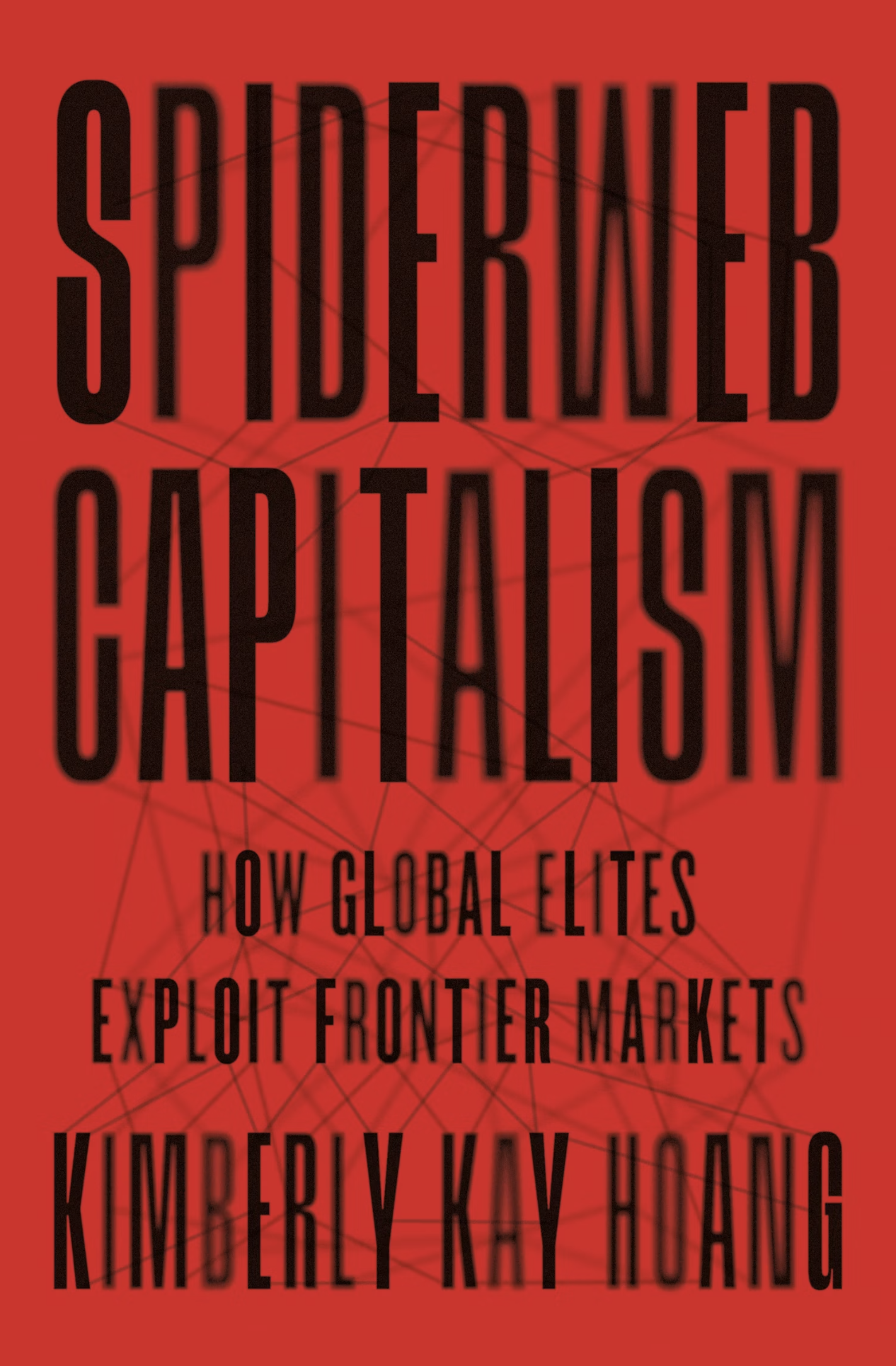
Blog editor Anna Woźny speaks with Prof. Kimberly Kay Hoang about her latest book, Spiderweb Capitalism: How Global Elites Exploit Frontier Markets (Princeton University Press, 2022).
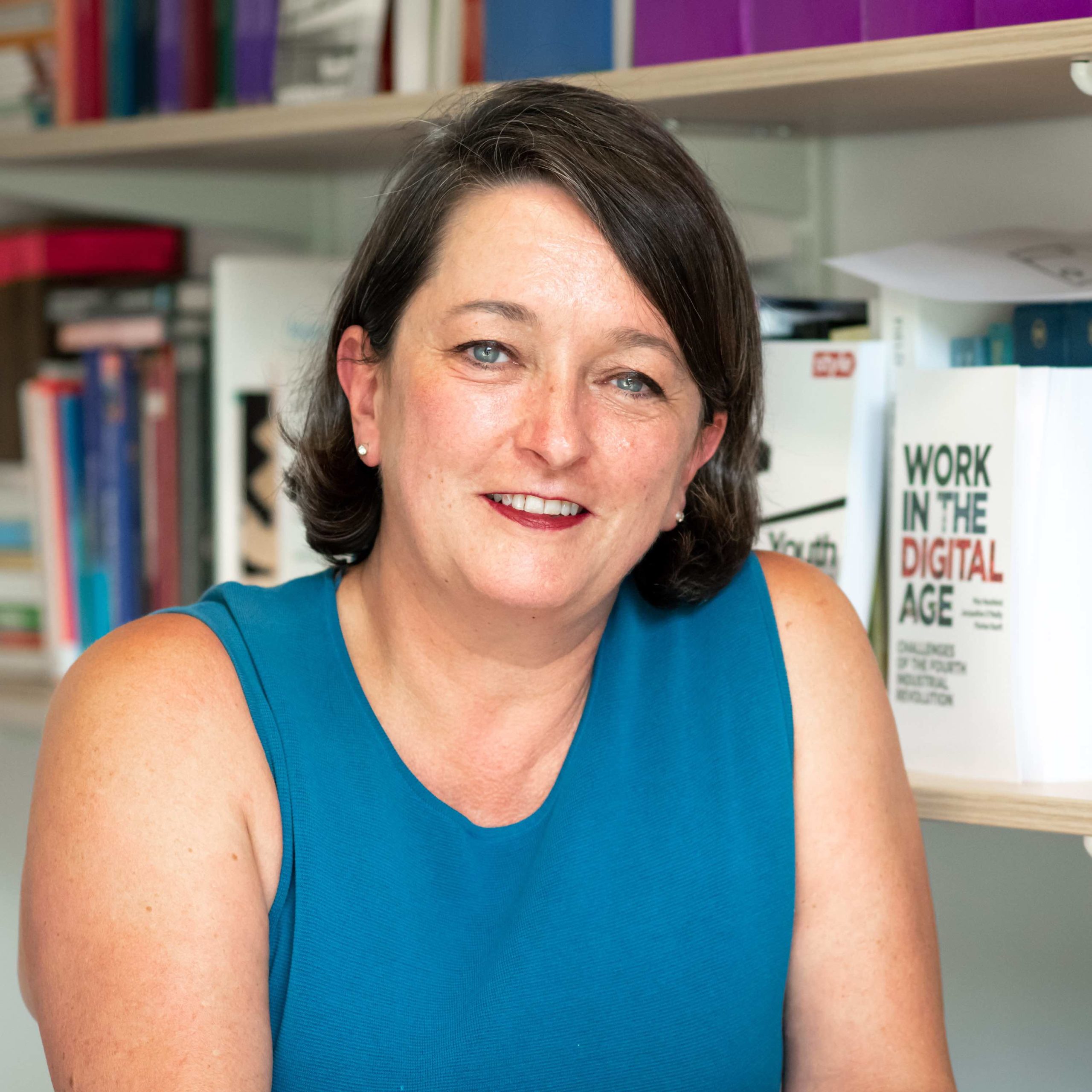
What has anarchism and activism got to do with socio-economics? How does someone get from attending the first SASE conference to becoming the organization’s president? What is the role of academic societies in these insecure times? In this interview, Jacqueline O’Reilly reflects on her eventful stint as SASE President.
Blog editor Melike Arslan interviews the organizers of the 2022 mini-conference “Connecting the Dots between Global Capitalism and National Capitalisms”.
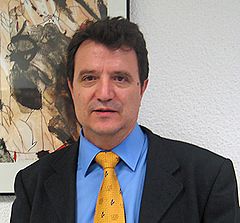
President Elect Santos Ruesga speaks on the upcoming SASE/RISE regional conference, neoliberalism, COVID, and more.
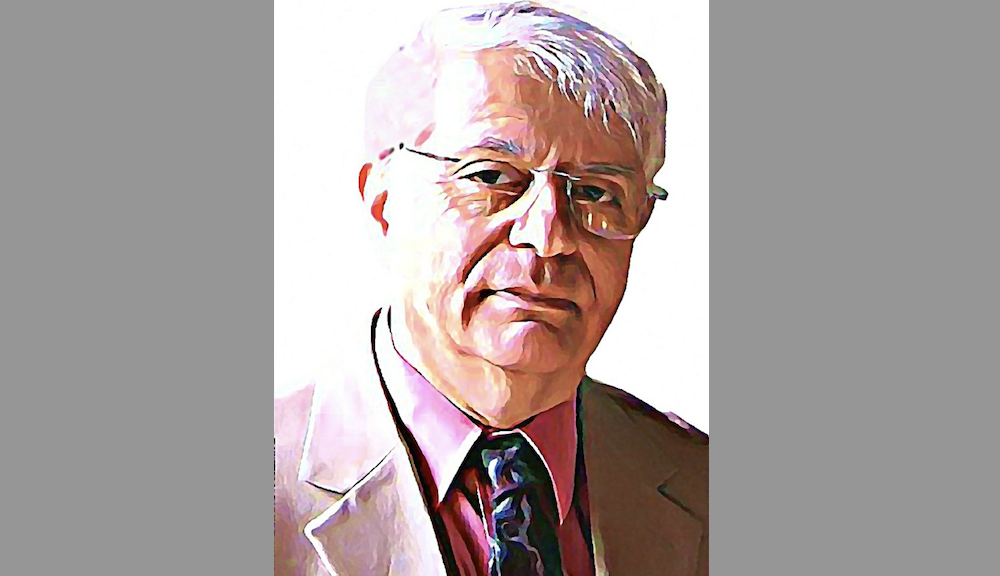
Mark Granovetter speaks with SASE Executive Director Emerita Martha Zuber about his most recent book, Society and Economy: Framework and Principles (Vol. 1)
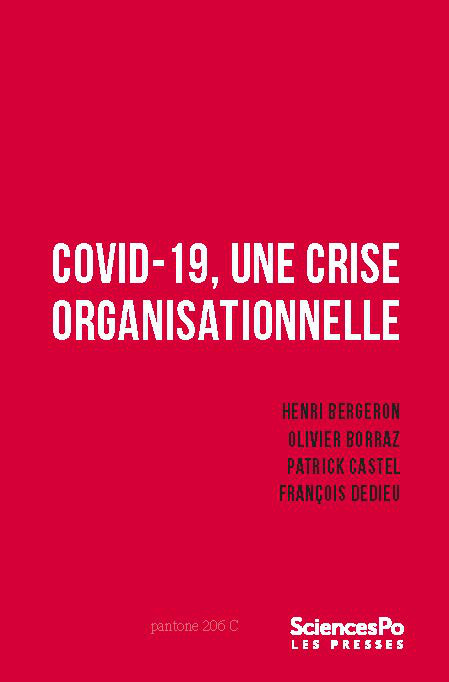
Henri Bergeron, Olivier Borraz, Patrick Castel, and François Dedieu speak with SASE Executive Director Emerita Martha Zuber about their latest co-authored book, Covid-19: une crise organisationnelle
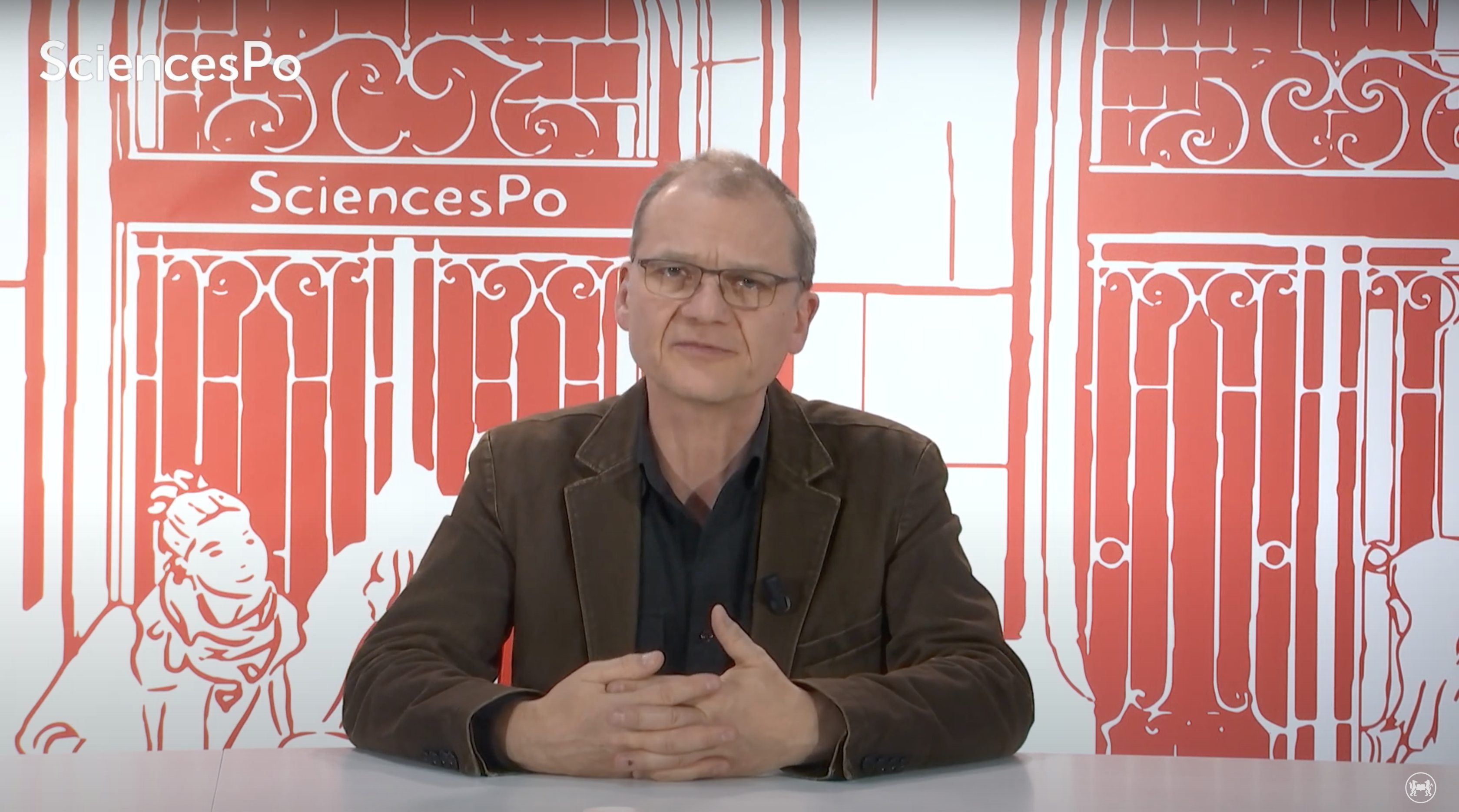
An English-language interview with Bruno Palier on his latest book, “Growth and Welfare in Advanced Capitalist Economies. How have Growth Regimes Evolved?” co-edited with Anke Hassel
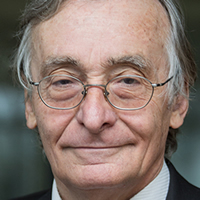
Robert Boyer speaks with SASE Executive Director Emerita Martha Zuber about his latest book, Les capitalismes à l’épreuve de la pandémie
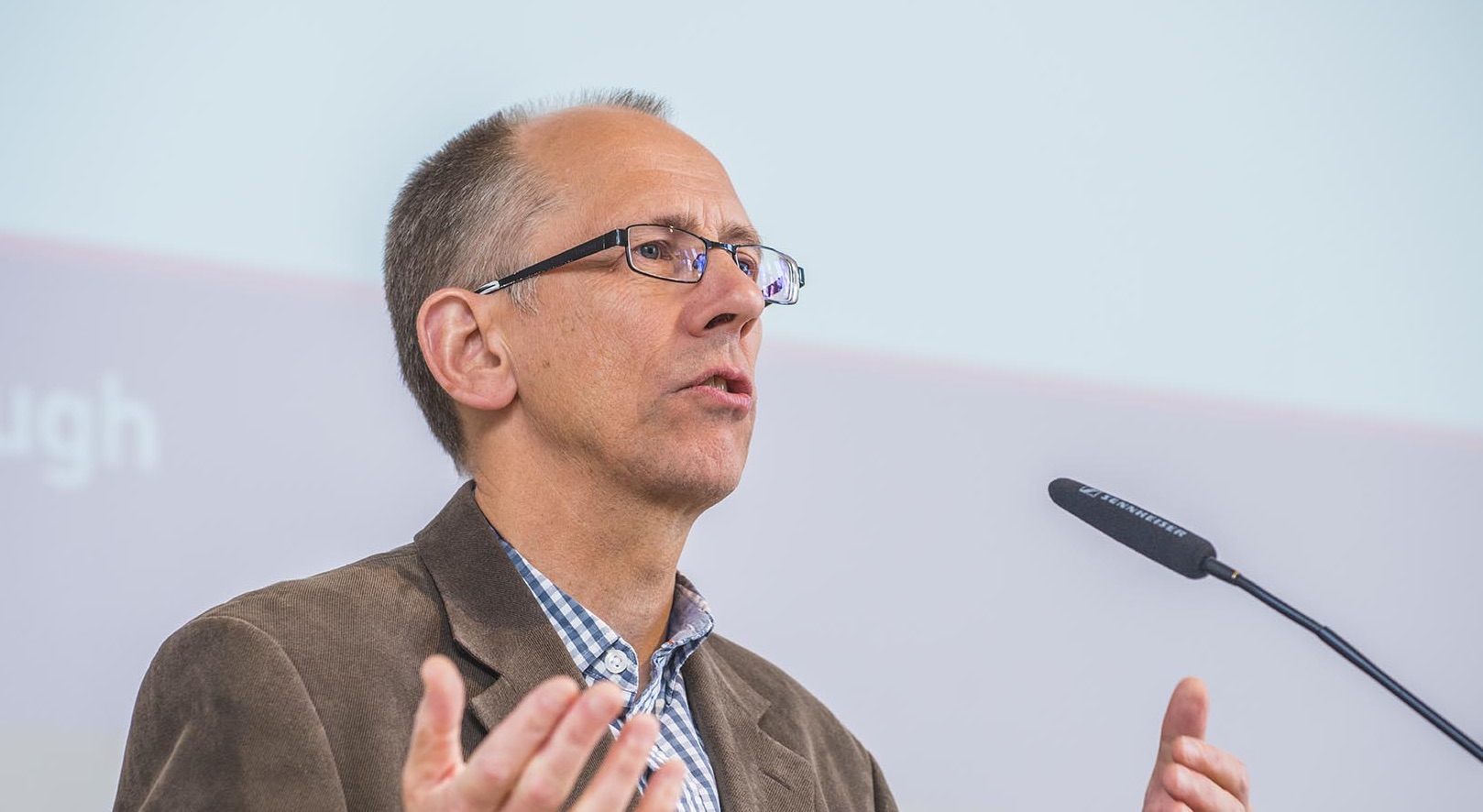
SASE Network Organizer Dave Elder-Vass, specialist of the digital, weighs in on going virtual.
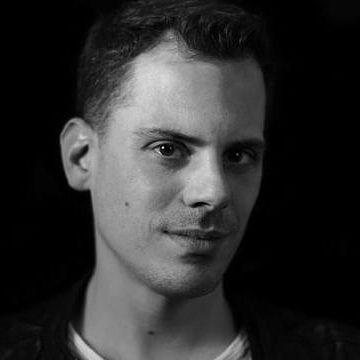
Etienne Ollion, CNRS researcher, fluidly leads us through the underpinnings of AI.
In the context of the ongoing pandemic, digital technologies have become an integral part of our daily lives–even more than they already were. Across our interactions in the workplace, our cultural consumption and leisure time activities, and our social ties to friends and family, the digital economy has become increasingly central. In addition to heightening […]
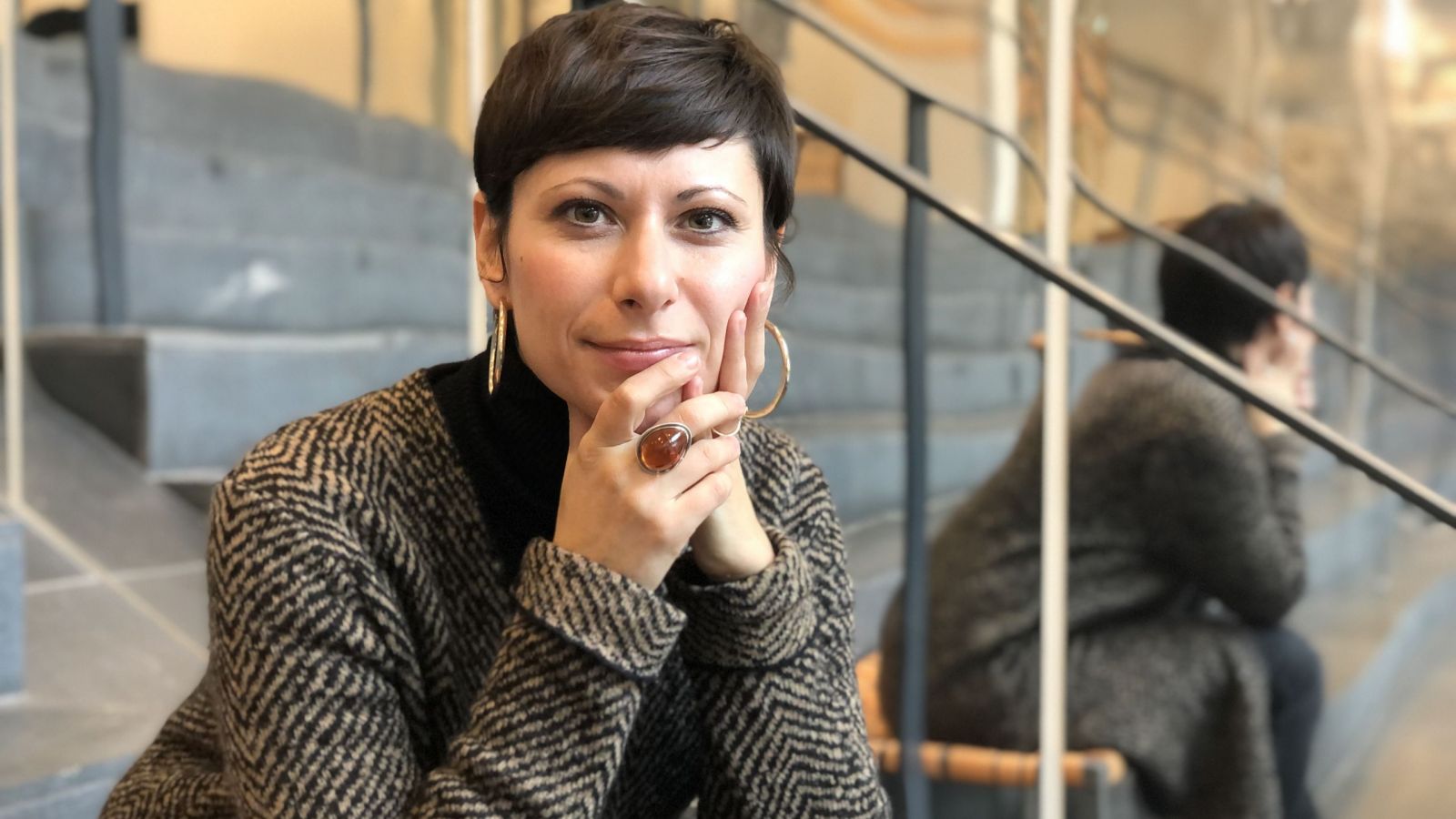
Network I co-organizer Lara Monticelli was recently interviewed by the CBS Wire.
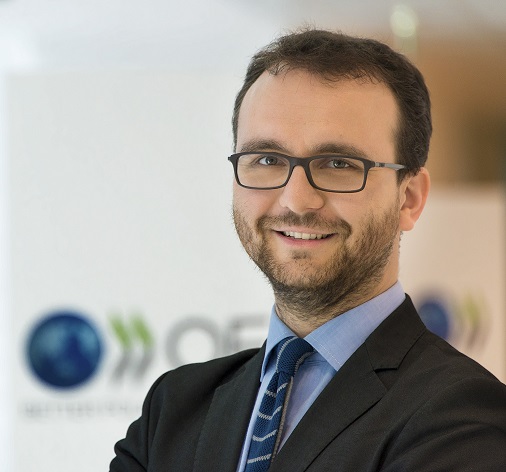
Dr. Andrea Garnero, one of the leading researchers behind the new OECD report “Negotiating Our Way Up: Collective Bargaining in a Changing World of Work” talks to SASE.
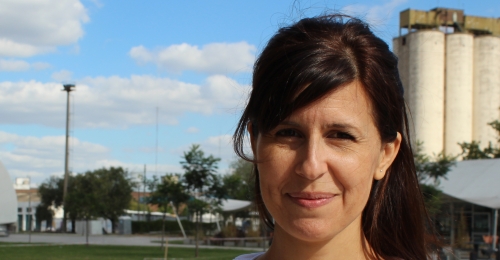
Professor Heredia talks to SASE to reflect on how Argentina has developed a distinctive approach to socio-economics
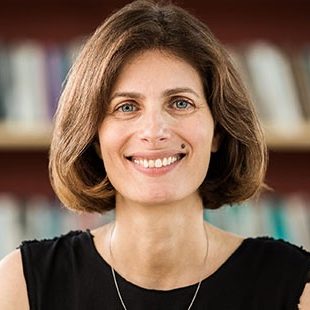
An interview with SASE 2019-2020 president Nitsan Chorev, a scholar whose research focuses predominantly on global political economy, development, and transnational sociology.
Edward (Ted) Fischer talks with us about his article “Quality and Inequality: Creating Value Worlds with Third Wave Coffee” in Socio-Economic Review

Winner of the first annual Alice Amsden prize in economic sociology, for her book ‘The Specter of Global China’.
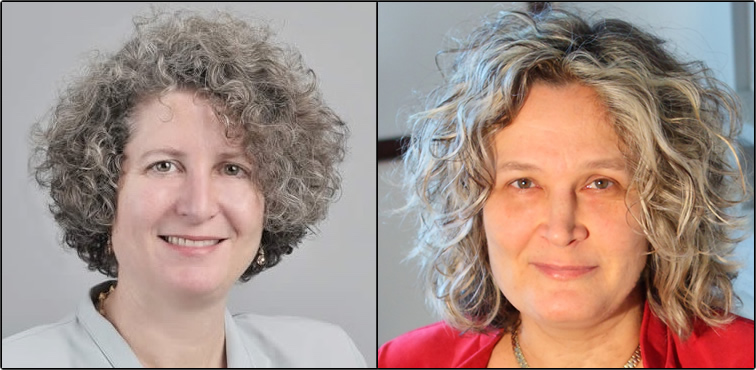
SASE Newsletter Editor-in-Chief Agatha Slupek met with Professors Karen Alter and Cristina Lafont of Northwestern University when she attended the University of Chicago’s Workshop in International Politics for the first time.
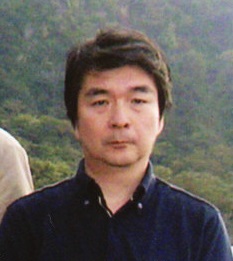
SASE is very pleased to feature an interview with Hiroyasu Uemura, Professor at the Graduate School of International Social Sciences, Yokohama National University, Japan.
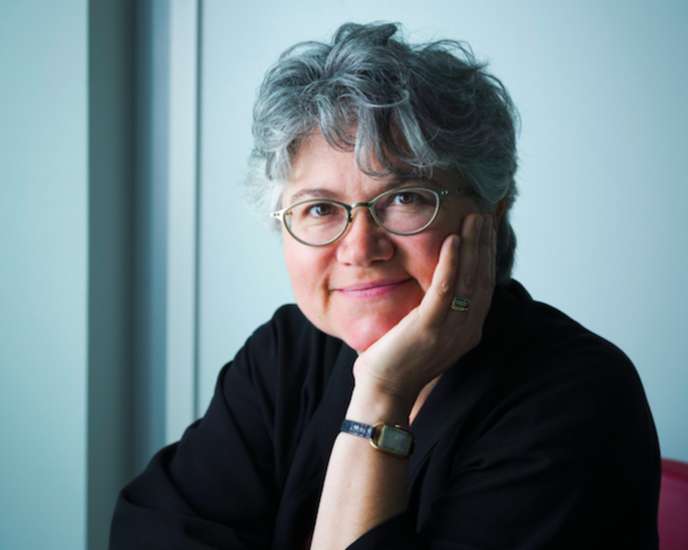
Dominique Méda is Professor of Sociology and the Director of the Social Science Research Institute (IRISSO) at Paris-Dauphine University (France). Méda has authored numerous books on the changing role of labor and work in society, as well as on the role of the French welfare state model as it compares to other European welfare states.
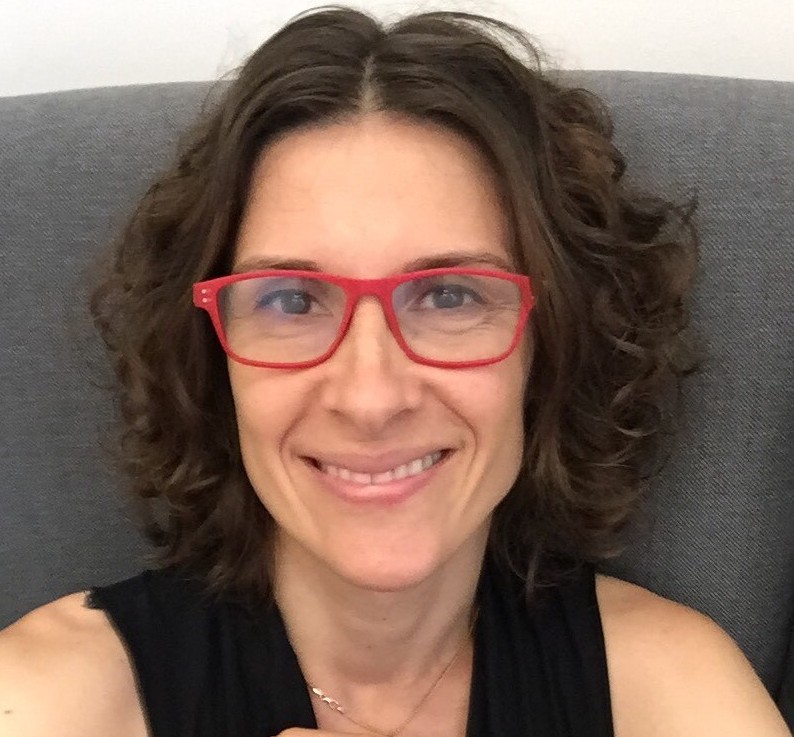
The editorial team is delighted to publish an interview with Alya Guseva, Associate Professor in the Department of Sociology at Boston University (USA) and one of the Network N: Finance and Society organizers. She is famous for her original cutting-edge research in economic sociology.
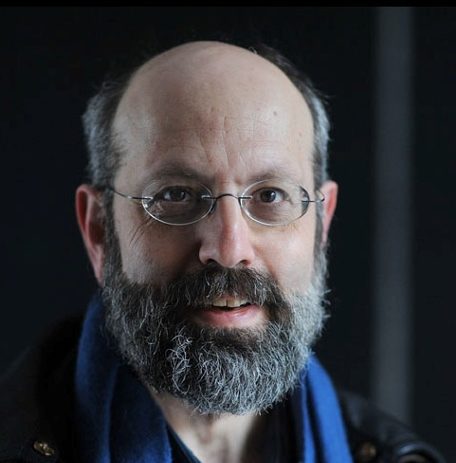
Jonathan Zeitlin, former SASE president, has changed his mind. Why? Read the three (3) interviews.
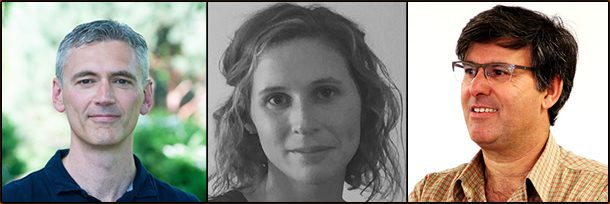
The socio-economic perspective is flourishing not only in academic journals and at research conferences, but in the classroom as well. Yet as the socio-economic canon grows ever larger, managing to fit its many insights into just one semester or quarter can be a tricky endeavor. This is especially the case when plenty of students arrive […]
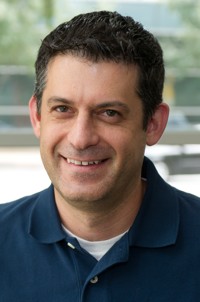
Dan Breznitz speaks with SASE about his work and his recent SER article co-authored with Darius Ornston
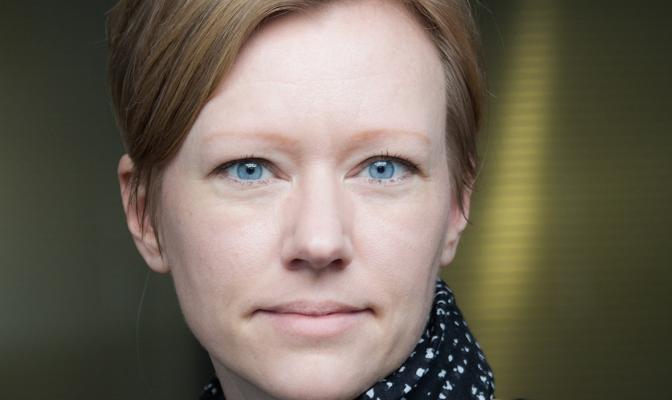
Professor Jenny Andersson is a researcher at the Centre d’études et des recherches internationales at Sciences Po and Principal Investigator of the Futurepol Project. SASE had the chance to speak with her about her newest book, The Future of the World: Futurology, Futurists, and the Struggle for the Post Cold War Imagination.
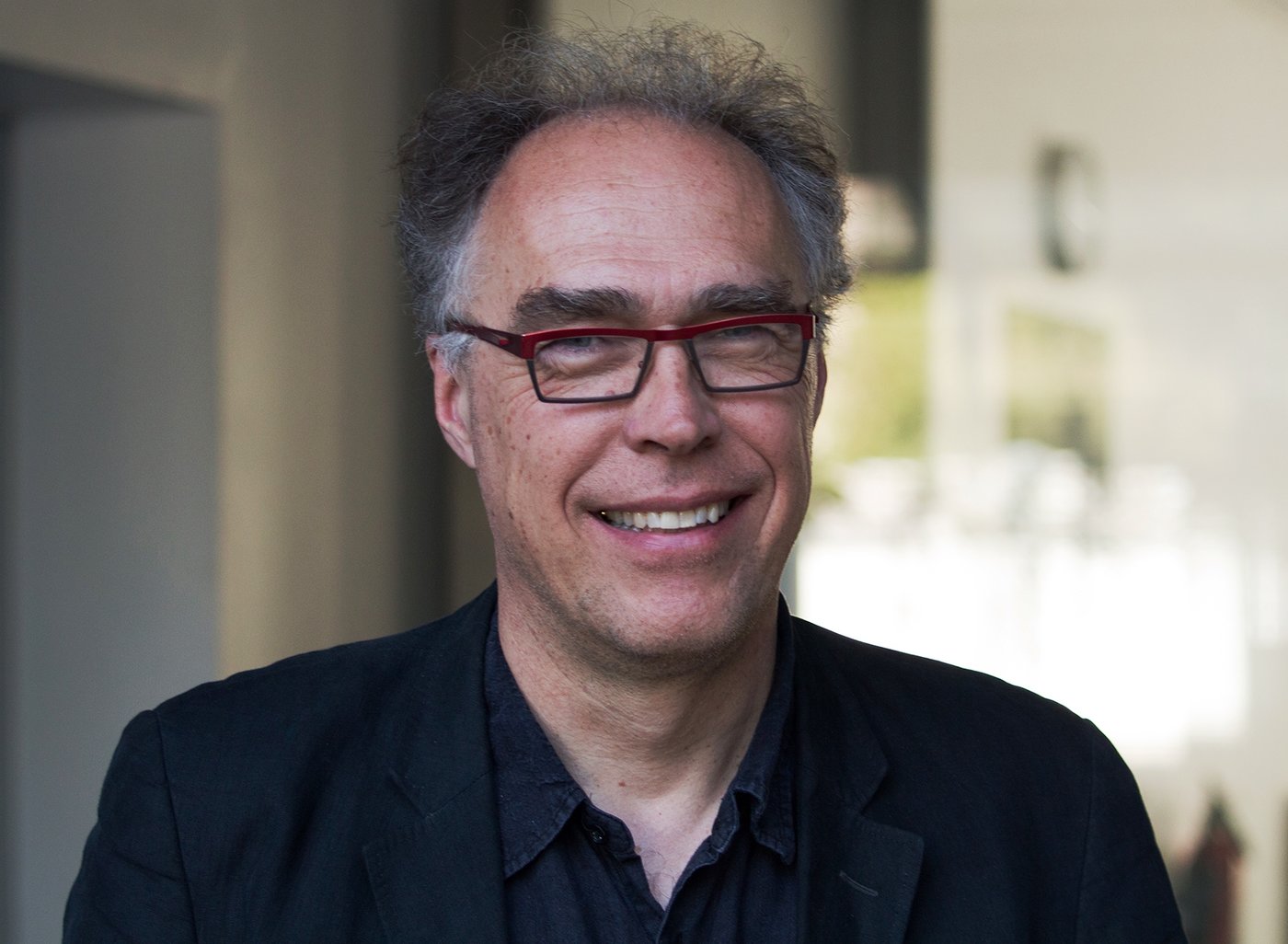
I grew up in Budapest and began college as a literature major interested in literary theory and philosophy, but I soon became drawn to sociology. At that time sociology was a young discipline in Hungary, as it had been banned for decades as a bourgeois pseudo-science by the Communist state.
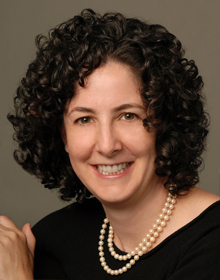
SASE interviews Julia Lynch on health care
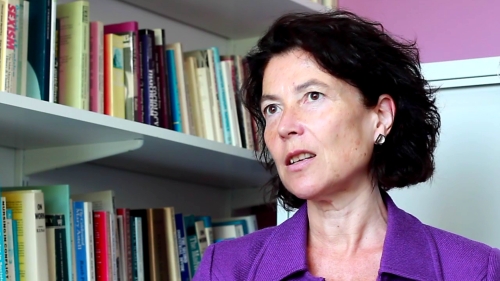
Sylvia Walby is Professor of Sociology and Gender Research at the University of Lancaster. Her recent book Crisis (Polity, 2015) is a concise analysis of the present social, political, and economic moment in the UK, the EU, and advanced capitalist societies more broadly. Walby provides scholars of socio-economics with a conceptual architecture through which to […]
As in previous issues of the newsletter, we continue to bring you profiles of SASE’s networks. While mini-conferences are one-off yearly events, networks bring people together year after year to pursue a particular intellectual program. Some of the networks, as you will read below, have existed long enough that their genesis has become a mystery! […]
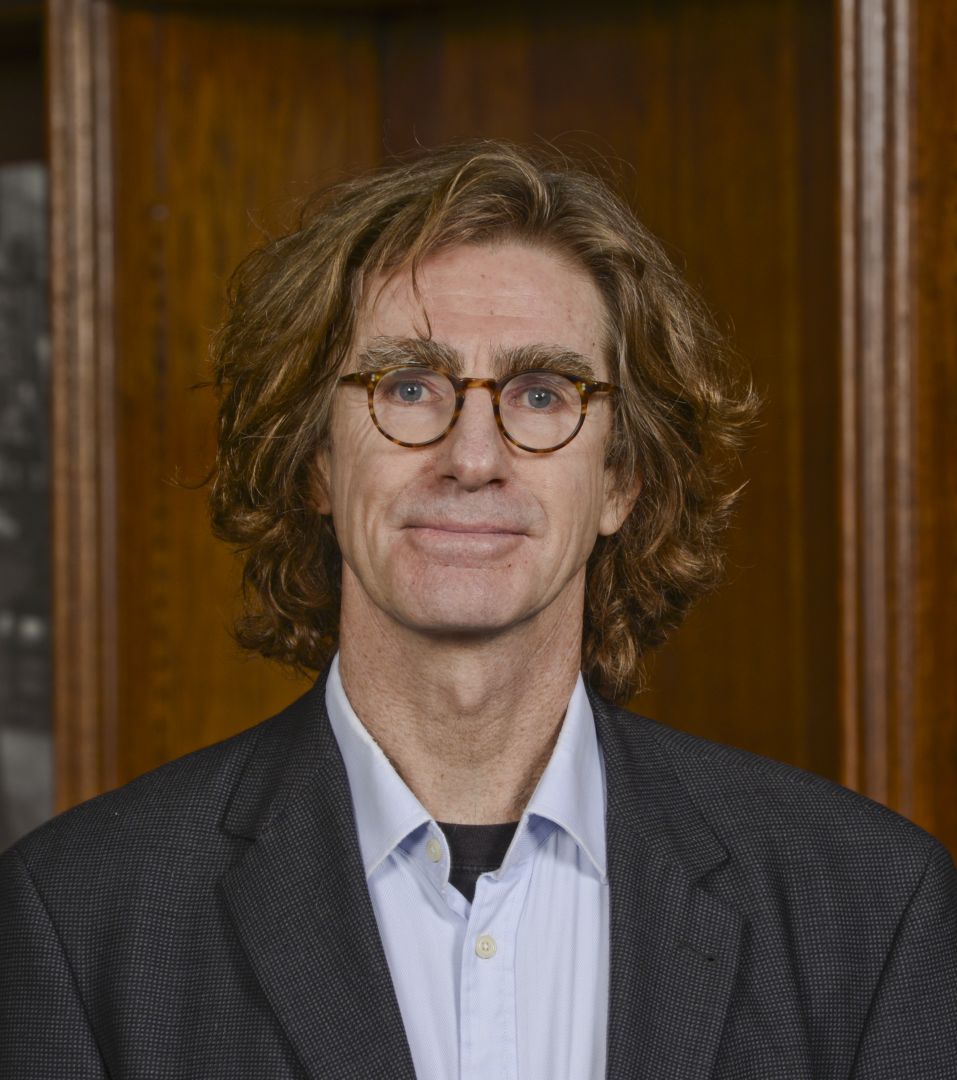
“In general, I am more interested in identifying possibilities for inclusion and change rather than being satisfied with more conventional left and social democratic concerns for “critique” or identifying how bad capitalism is now or how even worse it is becoming.” Can you tell us a bit about yourself and your intellectual […]